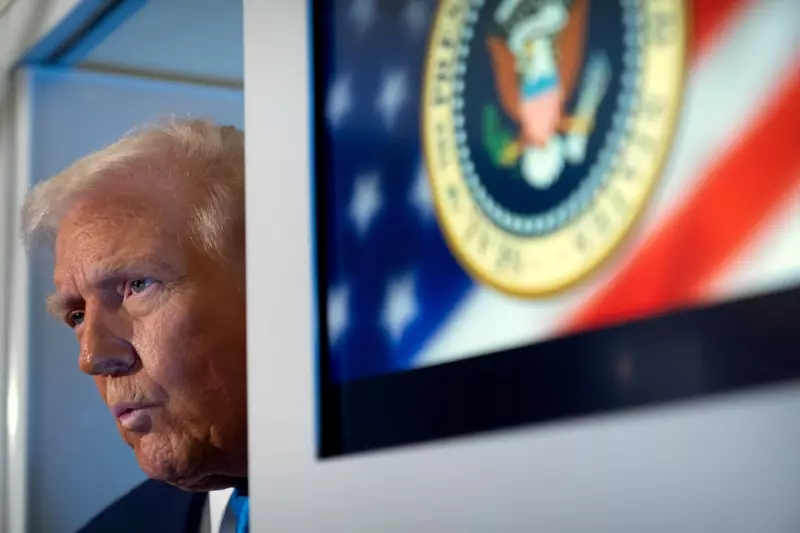
In a dramatic intervention that has sent shockwaves through American politics, former President Donald Trump has launched a blistering attack on one of the US Senate's most enduring traditions - the filibuster.
The controversial Republican figurehead has demanded his party eliminate the procedural hurdle entirely, branding its preservation a "death wish" for Republican ambitions and exposing deep divisions within conservative ranks.
What Exactly is the Senate Filibuster?
The filibuster represents one of Washington's most distinctive parliamentary procedures - a mechanism allowing Senate minorities to block legislation by prolonging debate indefinitely. To overcome this obstacle, lawmakers typically need to secure a supermajority of 60 votes out of 100, creating a formidable barrier for contentious bills.
This centuries-old practice has long been defended as a crucial safeguard for minority rights and a promoter of bipartisan compromise. However, critics increasingly argue it has become a tool for legislative gridlock in an increasingly polarised political landscape.
Trump's Escalating War on Senate Traditions
Mr Trump's latest broadside isn't his first confrontation with Senate norms. During his presidency, he repeatedly pressured Republican leadership to dismantle the filibuster, particularly when his legislative agenda faced obstruction.
His renewed campaign signals a significant escalation in his ongoing conflict with establishment Republican figures, including Senate Minority Leader Mitch McConnell, who has consistently defended the procedure as essential to the Senate's institutional character.
The former president's intervention comes at a particularly sensitive moment for the Republican Party, which faces complex strategic decisions about how to advance its priorities should it regain congressional control.
Why This Matters Beyond Washington
This isn't merely an inside-the-Beltway debate. The filibuster's fate could directly impact:
- Major voting rights legislation
- Climate change and environmental policies
- Healthcare reform initiatives
- Immigration system overhauls
- Taxation and economic packages
The procedure has already been eliminated for certain presidential nominations and federal judicial appointments, but maintaining it for legislation remains a red line for many institutionalists in both parties.
As the Republican Party grapples with its future direction, this internal conflict over fundamental governance rules reveals much deeper philosophical divides that could shape American politics for years to come.





